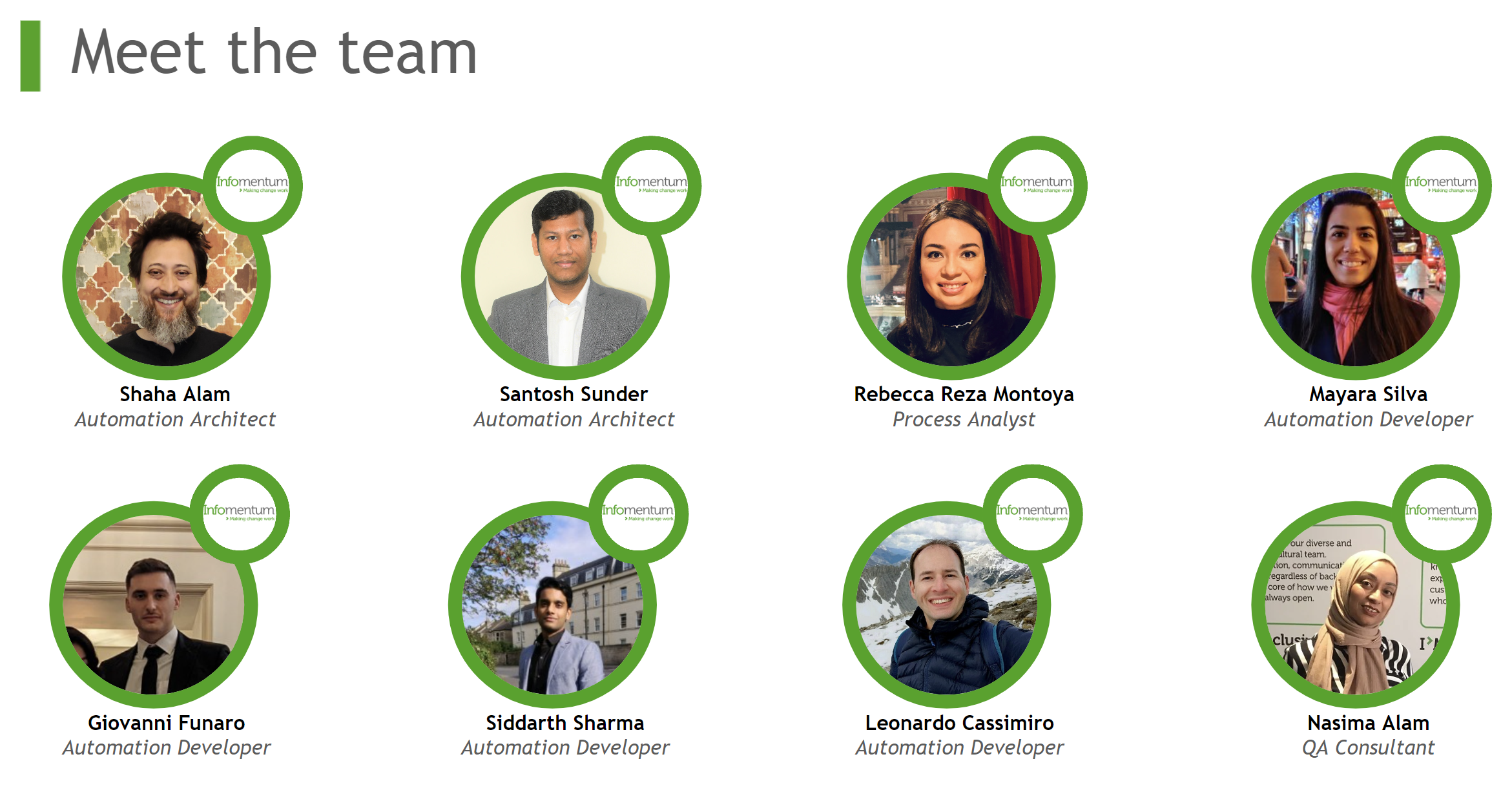Welcome, dear reader, to the fascinating world of Robotic Process Automation (RPA), where bots and humans join forces to streamline business processes. While the term "automation" might conjure images of futuristic robots taking over the world, the reality is a bit more down-to-earth – and requires a stellar team of tech-savvy individuals.
Buckle up, because we're about to embark on a journey through the technical roles crucial for a successful automation project!
1 - The Automation Architect: building castles in the clouds
Skills Needed: A keen eye for process optimization, a solid understanding of the Mulesoft Hyperautomation package (RPA, Composer, Flows, Anypoint), and the ability to turn complex processes into elegant, automated workflows, picking the right tool for the job and shaping the right process for the solution.
Picture this: The RPA Architect is the architect of the tech world, sketching blueprints for digital castles in the clouds. Armed with a coffee mug and a passion for efficiency, they turn tedious manual tasks into seamless automated processes.
2 - The Process Analyst: bridging the gap between tech and reality
Skills Needed: Strong analytical skills, business process knowledge, and the ability to communicate complex tech concepts to non-tech stakeholders.
The Business Analyst is the translator between the technical landscape and the business workplace. Armed with Excel sheets and a magnifying glass, they make sense of the data and process chaos, ensuring that the bots make decisions as sound as a rock band in a silent library. They ask the tough questions, such as “Is this the best way to solve this problem?“, “When did someone last review this process?“, “How can we change the process to make it repeatable and more reliable?“
3 - The Bot Developer: where coding meets creativity
Skills Needed: Proficiency in the use of the Mulesoft Hyperauotmation product stack, an understanding of workflow design, and a knack for creative problem-solving. The Mulesoft package is a collection of no-code tools that allow anyone with a head for logic, and a feverish desire to solve problems to pick and use, with minimal or no coding experience. If you can systematically approach a problem, articulate it using logical steps, and diagnose using a meticulous and diligent eye for detail, then you have what it takes!
Imagine the Bot Developer as a wizard who turns technical building blocks into magic spells. They craft bots with a wave of their keyboard, making repetitive tasks disappear faster than you can say "abracadabra." Just don't let them near the office coffee machine – you might find it programmed to deliver espressos on demand.
4 - Quality Assurance Maestro: the guardian of flawlessness
Skills Needed: A meticulous eye for detail, a strong understanding of testing methodologies, and the patience of a saint.
Our Quality Assurance Maestro is the unsung hero who ensures that the bots don't unleash chaos upon the unsuspecting users. They meticulously test each automation, uncovering bugs and glitches before they have a chance to wreak havoc – the Sherlock Holmes of the tech realm.
But there’s more, this list only describes the essential roles of a delivery team. To run a well-oiled, efficient, and value-adding automation powerhouse in your organisation, you’re well advised to consider your wider strategy for automation and the essential roles to make it a success. This is where a Centre Of Excellence comes in. Or a Centre For Enablement (keep an eye out for a future article about the difference and which one is best suited for your needs!).
Conclusion
The next time you encounter a smoothly running RPA process, take a moment to appreciate the behind-the-scenes heroes who turned mundane tasks into automated wonders. And who knows, maybe one day, we'll have a bot for writing humorous anecdotes too – just watch out for the punchline!





